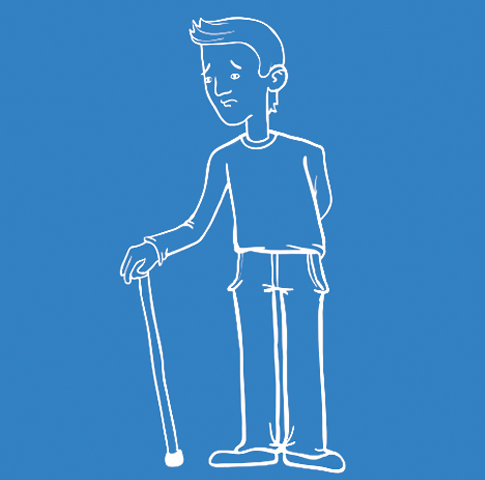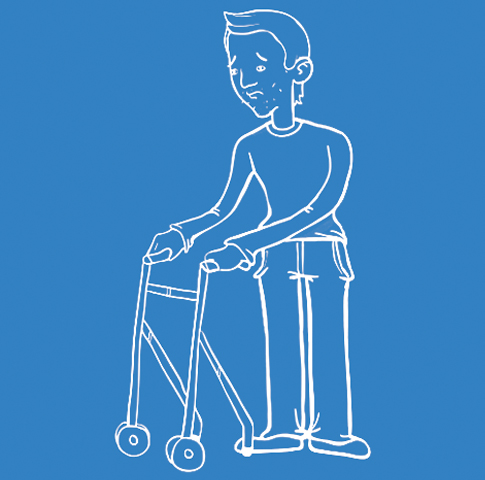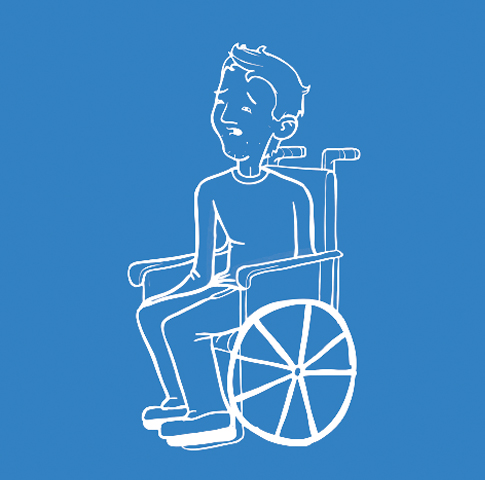Huntington’s Disease Stages

EARLY STAGE
In early stage HD, individuals are largely functional and may continue to work, drive, handle money, and live independently. Symptoms may include minor involuntary movements, subtle loss of coordination, difficulty thinking through complex problems, and perhaps some depression, irritability, or disinhibition.

MIDDLE STAGE
In middle stage HD, individuals lose the ability to work or drive and may no longer be able to manage their own finances or perform their own household chores, but will be able to eat, dress, and attend to personal hygiene with assistance. Chorea may be prominent, and people with HD have increasing difficulty with voluntary motor tasks. There may be problems with swallowing, balance, falls, and weight loss. Problem solving becomes more difficult because individuals cannot sequence, organize, or prioritize information.

LATE STAGE
In late stage HD, individuals require assistance in all activities of daily living. Although they are often nonverbal and bedridden in the end stages, it is important to note that people with HD seem to retain some comprehension. Chorea may be severe, but more often it is replaced by rigidity, dystonia, and bradykinesia. Psychiatric symptoms may occur at any point in the course of the disease, but are harder to recognize and treat late in the disease because of communication difficulties.

